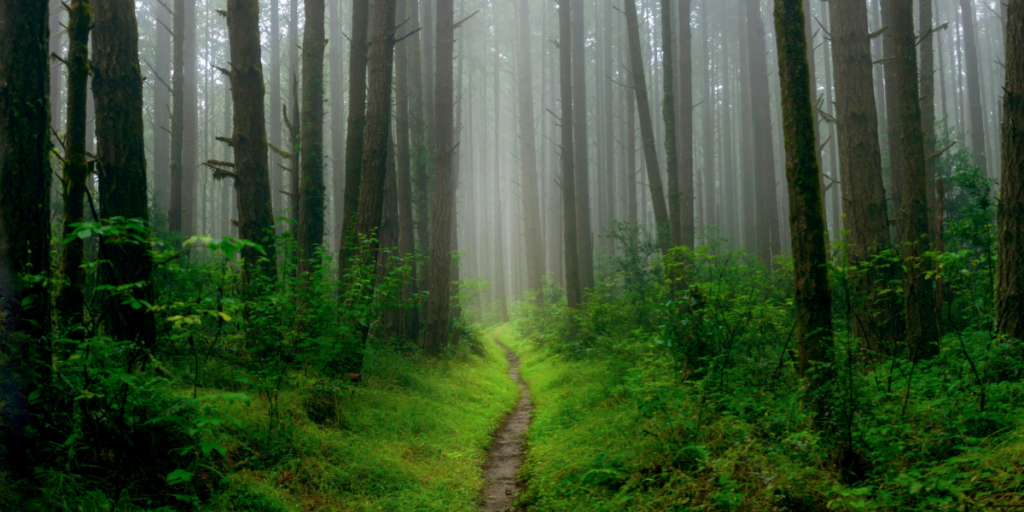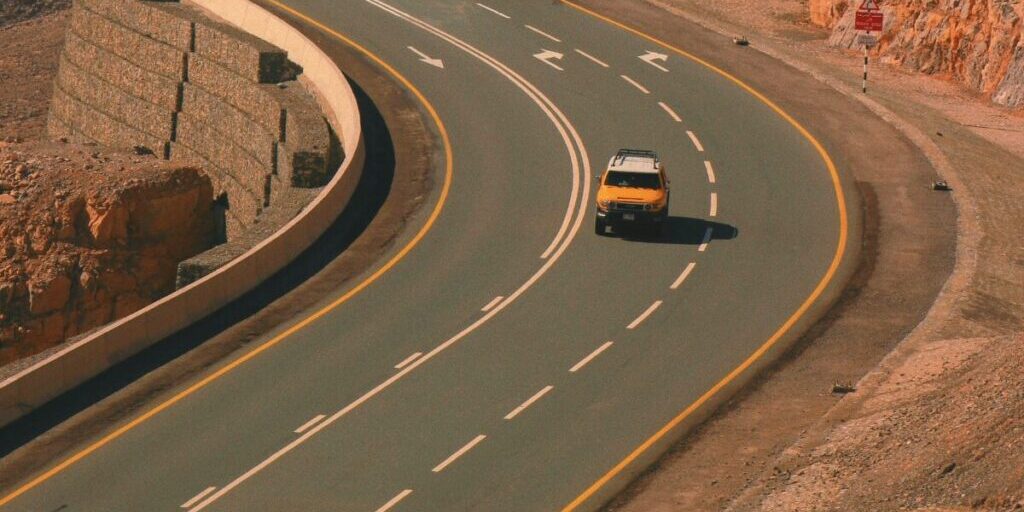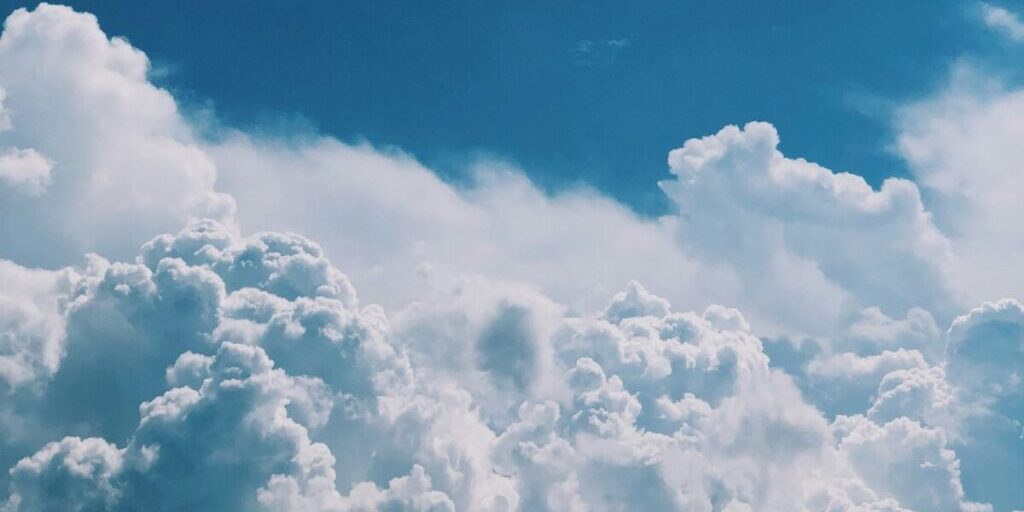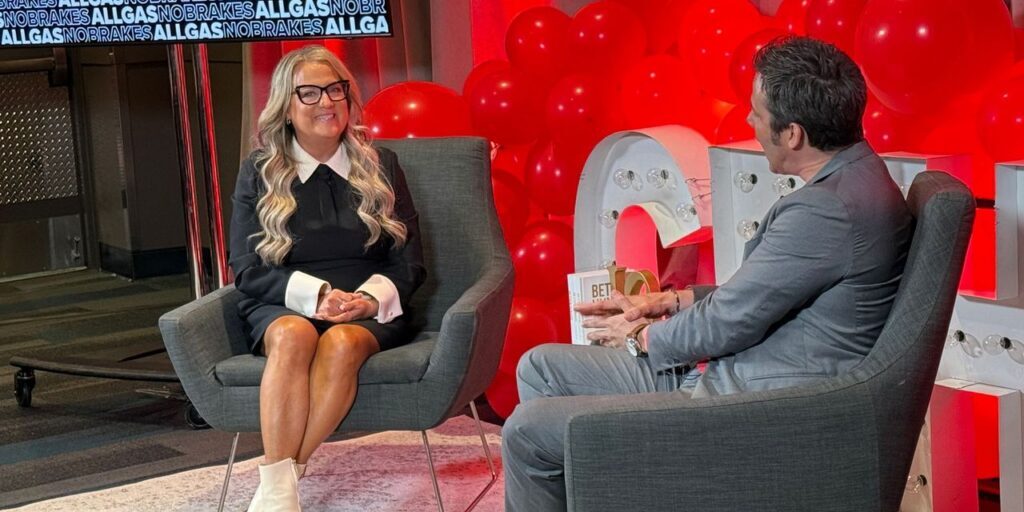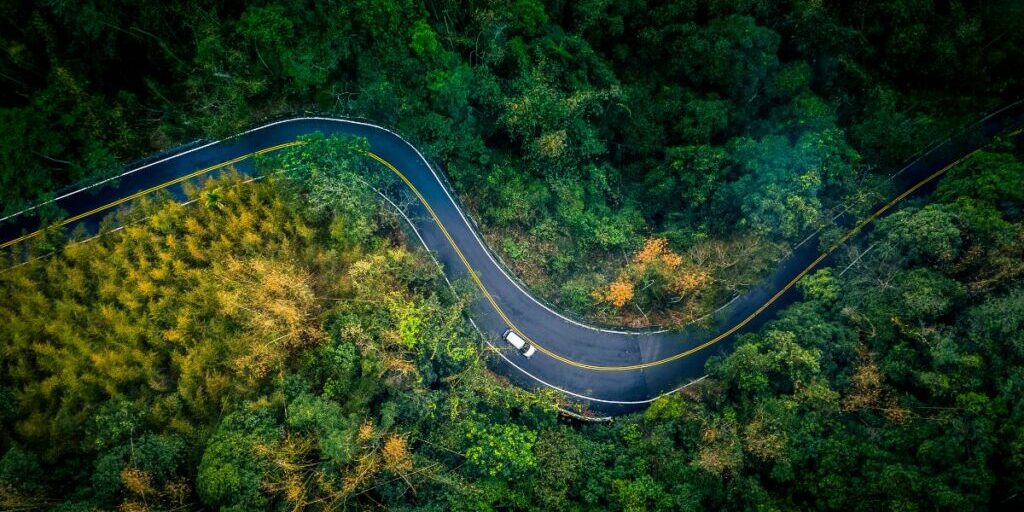I settled into my 6 a.m. yoga class a few minutes early. It was time to disconnect, stretch, and get the day off to a great start.
But then the instructor paused and posed a question: “Why are there so many phones in the studio?”
The question was rhetorical. She knew the answer, and I knew it, too. We’re addicted. The average person looks at their phone 58 times per day. In fact, every time we look at our phone, it can take more than 20 minutes to refocus. The slot machine-esque likes on apps such as Instagram rewire our minds to crave attention — and we get down when we don’t get the attention we seek. It’s no wonder that the American Psychiatric Association has found that anxiety is on the rise in the U.S.
And that’s before we even talk about how the light from our screens is wrecking our sleep and our vision.
So what can we do? In part two of my conversation with Neil Pasricha, the author of “You Are Awesome: How To Navigate Change, Wrestle With Failure, and Live an Intentional Life,” we discuss how we can have a healthier relationship with technology so that we can truly stay more connected. Read part one on building a more intentional life.
It seems that anxiety is a larger part of our lives than ever. Why do you think that is?
Well, I talk to young people a lot, like people who are in college. They have a disillusionment with the future, because they think it’s too hard. There’s a capitalistic shrink wrap over everything, and generations of right-sizing, downsizing and tightening markets have made for extreme hyper-efficiency in capitalistic market systems. Basically, the thinking is if you’re not perfect, if you didn’t go to a great school — if you didn’t have a great GPA and a perfect resume, lots of extracurriculars and make sure you have your volunteer work — you’re not getting a fucking job. And if you can’t get a job, then you’ve got to go drive an Uber.
The Gini index is widening in the United States, for example, and income inequality is growing here in Canada, as well. The haves and have-nots are separating. We have a lot more slums and a lot more gated communities. Unfortunately, that means that most people feel like, if they can’t get into the best, then you’re the worst.
Do you think technology affects these feelings?
Social media amplifies them, because it shows us the best people all the time. If you were the best player on your high school basketball team, you used to think you were the best. But now when you go on YouTube, someone’s sinking a thousand free throws in a row. You can’t win anymore. I guarantee that you can tell me five people in your industry who have more followers than you do. You know their names. You know how many they have.
You have a specific strategy you discuss in your book about how to better manage your relationship with technology. Some would say it’s too radical, but I think it’s brilliant. Can you elaborate on it?
Well, if we’re living in this matrix that is driving us all batshit crazy, then the solution is to unplug yourself from the machine. Be Keanu Reeves. Take the red pill.
So what do I do? You have to spend one entire day every single week untethered. I call it the “untouchable day,” and I discuss it in Chapter 8 of my book. You carve out one day of totally quiet and unplugged time. I’m talking no cell phone, no Internet connection, no text messages, no alerts. No one is interrupting you. For me, it’s been the ultimate driver of all my good work over the last year. I write way more. I actually get shit done.
Is your untouchable day always the same every week?
Well, my speaking schedule is confirmed three or four months out. That means that I have the advance time to not plan other meetings. So nothing is on there. I use that time
So I use the time three or four months out to plant an “untouchable day” flag in the middle of each week. Then what I do is, when other meetings arise in the next three months, I just make sure they don’t touch that day. I’m off for the day. And if some gigantic and important thing happens, then I’ll move my untouchable day and move my other meetings to preserve the untouchable day.
The worst-case scenario, I plan zero, and then I get two the next week. It’s just a way to keep inventory and make sure I have it. And look, I’m on crazy media stuff all week this week, right? So I have Monday scheduled as an untouchable day purposely because I didn’t get one this week. So I’m making it Monday so I know the first day back next week I have nothing on. I can literally go for a 20-kilometer walk around Toronto all day, and that will probably be the most productive time I spend.
But three, four months out, no other meetings are scheduled. Like pre-calls and all that stuff. Nothing’s on there.
What if there is an emergency?
At first, everyone says, “Oh, there’s going to be an emergency.” There are no emergencies. Your kid doesn’t break their leg every day.
So just ignore that. It’s a red herring. Listen, people are strapping cellphones to their 12-year-olds because they tell themselves, “Oh, they need to know where I am.” No, they don’t. You don’t need to know where your kid is, and your kid doesn’t need to know where you are. Just chill. Truthfully, we’re creating a surveillance culture, and we really don’t need to do that.
Recently, I decided to take a daylong break from an app that I’m pretty addicted to: Instagram. My first attempt went awry. My second attempt? I failed again. But finally, on Day 3, I was able to settle in, and I even extended my break from Instagram over a week during my holiday break. I felt more present. I also finished 3 books, completed a volume of writing, and began a new meditation practice. Sometimes it helps to be “untouchable”.
A special thanks to Neil Pasricha for the enlightening conversation. For more on “untouchable days” and to hear more from Neil, check out his new book, “You Are Awesome: How To Navigate Change, Wrestle With Failure, and Live an Intentional Life.”


